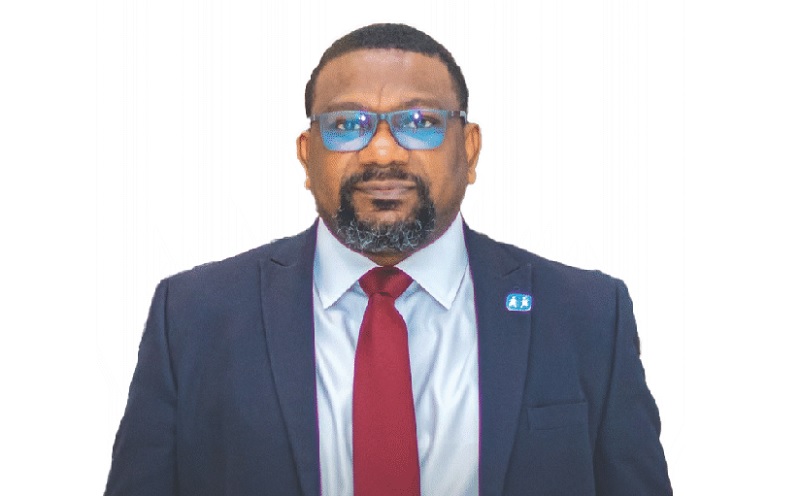A Salvadoran national, Kilmar Abrego Garcia, has expressed his intention to seek asylum in the United States, according to his lawyers, who communicated this to a federal judge on Wednesday. The 30-year-old’s case has become a focal point in the debate over President Donald Trump’s immigration policies. Abrego Garcia initially gained international attention after being wrongly deported to a notorious jail in El Salvador in March.
Following a court order, the US administration brought him back months later and subsequently detained him on human smuggling charges. The government also alleged that he is a member of the MS-13 gang, a claim that Abrego Garcia denies. Currently, the administration is seeking to deport him to Uganda, but his lawyers argue that he has the right to express fear of persecution and torture in that country.
Abrego Garcia’s lawyers contend that deporting him to Uganda would be a punitive measure for his successful fight against deportation, his refusal to plead guilty to the charges, and his pursuit of release from a Tennessee jail. Alternatively, Abrego Garcia has indicated that he would prefer to be sent to Costa Rica if he must be removed from the US. He initially entered the US illegally as a teenager in 2011, fleeing gang violence, and is now married to a US citizen with whom he has children.
In 2019, an immigration judge denied Abrego Garcia’s request for asylum because he applied more than a year after his arrival in the country. However, he was granted protection against deportation to El Salvador due to credible threats of violence from a local gang. US District Judge Paula Xinis has scheduled a hearing on his case for October 6 and has ruled that Abrego Garcia cannot be deported before then.
Critics in Uganda have raised concerns that the country’s government may have made a deal with the US to accept deportees in exchange for easing political pressure on its long-time president. As Abrego Garcia’s case moves forward, it highlights the complexities and challenges surrounding US immigration policies and the treatment of asylum seekers. The upcoming hearing will provide further insight into the resolution of his case and the broader implications for immigration policies.



